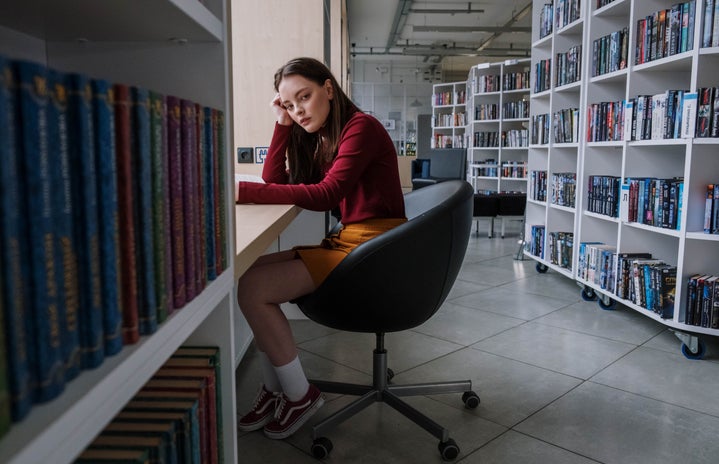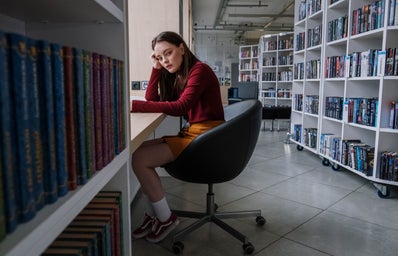It’s April 2021, more than a year since the world was struck by the COVID-19 pandemic, and there finally seems to be a glimpse of light at the end of the tunnel. As the vaccine becomes more widely distributed and places open up, it almost appears as if normalcy is being restored.
But for many people, returning back to “normal” life can trigger anxiety. An entire year of staying at home, social distancing, and Zoom calls has made it so easy to lose touch with people and become used to spending time alone.
I’ve always been someone who loves spending time with other people. My top love language is quality time, and I am labeled as an extrovert (ENFJ if you’re curious) on the 16 personalities quiz, no matter how many times I take it. Being extraverted doesn’t necessarily equate to being outgoing, but it does mean that I enjoy myself and derive energy most from being around others. During the pandemic, however, it was inevitable that I shifted to a more solitary existence. As the months passed, I began keeping contact with only a few friends and soon became comfortable with spending each day on my own.
I quickly discovered that, despite the obvious negatives, there are perks of a socially-distanced life. If I wake up seconds before class or don’t feel like participating, there’s the option to turn off my camera and curl up in bed. Wearing a mask means I don’t have to force my facial expressions when I talk to others. In general, it feels as if there is much less judgement and more freedom to do as I want because there is rarely anyone around.
Although I miss spending time with my loved ones and going out, suddenly socializing again was a big transition from spending all my time at home. Before the pandemic, I would look forward to spending whole days with friends. Now, I found myself drained after 3 hour hangouts, craving the comfort and solitude of my room. Meeting up with people I hadn’t seen in a long time was nerve-wracking. I quickly discovered that many of my friends felt the same, also experiencing anxiety when re-entering social situations.
After adjusting to lockdown life, the thought of returning to a faster-paced normal is somewhat overwhelming. As more social situations occur, it is important to prioritize your own well-being over the need to quickly acclimate and fill up your calendar. If you are feeling anxious or overwhelmed, allow yourself to feel these emotions rather than suppressing them. Acknowledge that your anxiety is valid. Not only does this mean mentally reminding yourself that it is okay to feel this way, but it also means taking time to care for yourself when necessary. Life returning to normal does not mean you are no longer allowed to rest and partake in alone time. In fact, it makes doing so even more necessary.
Ease into a new routine. You might feel pressured to jam-pack your schedule with social events in order to make up for lost time, but doing this at the expense of your mental health isn’t worth it. I’ve found that gradually introducing changes to my schedule bit by bit has been much less overwhelming and gives me space to breathe.

